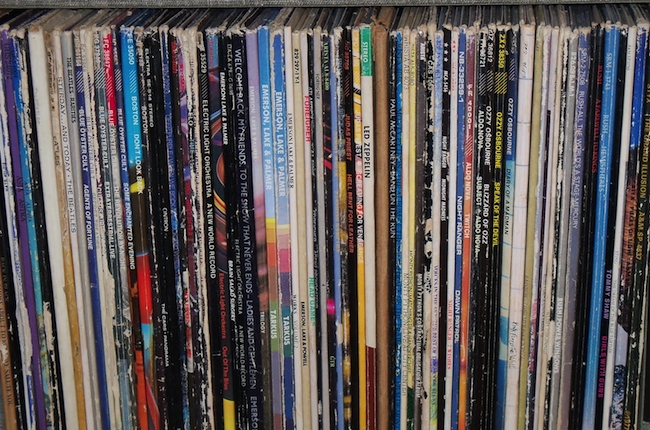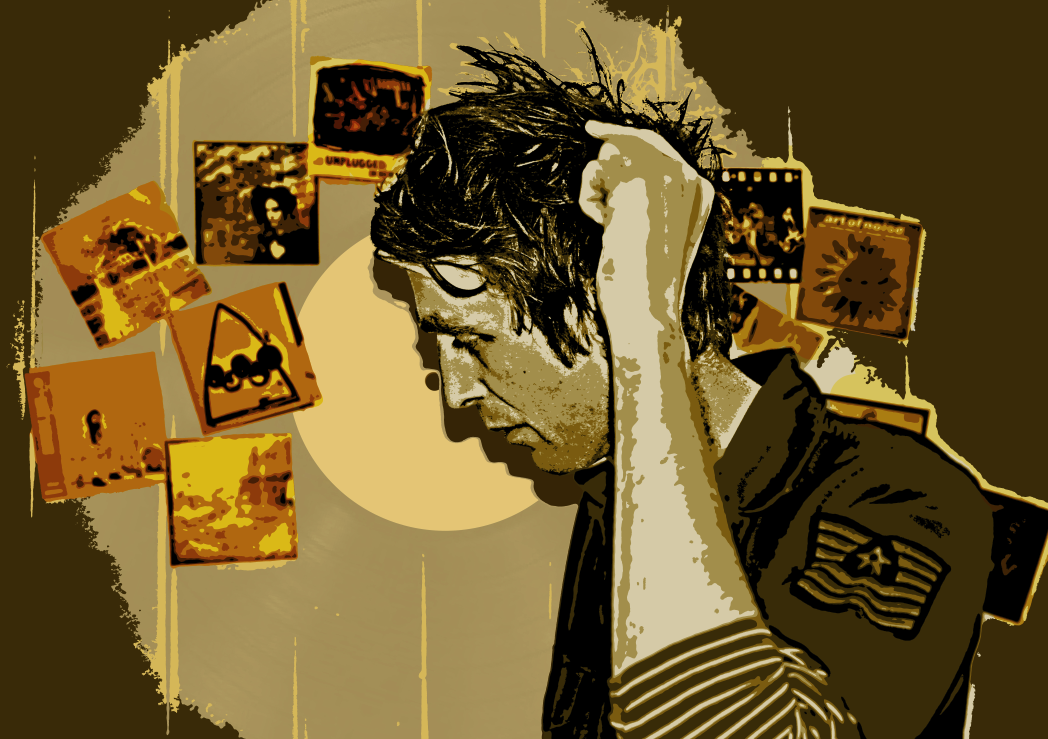I miss music.
What’s that you say? There’s loads of it? No there isn’t. That’s not music. That’s advertising. That’s what that is.
Maybe I’m getting old (check that – I am getting old) but I remember a time when I was so passionate about bands I loved so dearly that I would argue the bit out to hammer home my point. I had a conversation with a friend recently about how nostalgia taints our view of music, books, films etc. About how the things we still love from our youth are only still loved by us because they remind us of a happier time. A younger time. A time without bills, without worry, without Cameron. I digress…
Without getting all ‘good old times’ or ‘back in my day’ on you, there was a time when a band releasing a record made such an impact in so many ways that it affected who you were. Now granted, those were in very formative years, and the young mind is much more susceptible to change and to being a part of something, but that stuff mattered. I mean, it mattered a whole lot.
Jump in the DeLorean with me for a moment.
As a kid, when pocket money was all you had, you had to make it last and it had to count for something. Once the days of 10p mixes and The Beano had passed, something else had to consume your pennies. For me, it was music. The louder, the better. The faster, the better. The cheaper, the better. When I started buying music, cassettes were the primary format with the only accessories you needed were a trusty walkman, spare batteries, headphones and a pen or pencil for that inevitable ‘spaghetti junction moment’.
Buying an album was a huge investment as a teenager, not just financially, but emotionally too. I would read the liner notes of every cassette and CD from back to front repeatedly. I wanted to know what amplifiers Nirvana used, I didn’t know who Bob Ludwig was but I knew that everything he was named on sounded great, I even spent time trying to read Eddie Vedder’s doctor-like handwriting. I wanted to know it all.
Now, in the fast-moving digital age, liner notes may well still exist but they reach so few people that they might as well be aired on Channel 5. Digital downloads aren’t tangible, holdable, kissable things. Please don’t get me wrong, they’re great. If my bumfluff-chinned 16 year old self had known that one day, there would be a way to have 10.000 songs in your pocket and you could listen to any single one you liked without fast-forwarding, changing tapes, or carrying them all in a suitcase everywhere you went, he would have passed out from excitement (like that time I fainted in the bathroom and woke up in the nip with my whole family looking at me, but that’s another story). It’s a great achievement, no doubt. But at what cost?
With chart sales increasingly influenced by fashion advertisements, Tv talent shows and celebrity deaths, it must be much harder for the kids of today to obsess about the newest bands and artists. Of course now we have ways of keeping up to date with our favourite artists which seemed like pure science fiction when I was a pup: Twatter, FaceBake, Bebo or whatever, but it’s just not the same. The worst part? The kids of today don’t know what it was like before. When I have kids, they’ll never know. When you have kids, they’ll never know. Do YOU have kids? They’ll. Never. Know.
-sigh-
Music has become just like the clothes we wear, the free newspapers we get through the door, and the files we have on our [insert device here] – disposable.
Hard drive > Music > Artists > Albums > Never Mind. Delete. It’s that simple.
If you want it to be…
Rant over.






